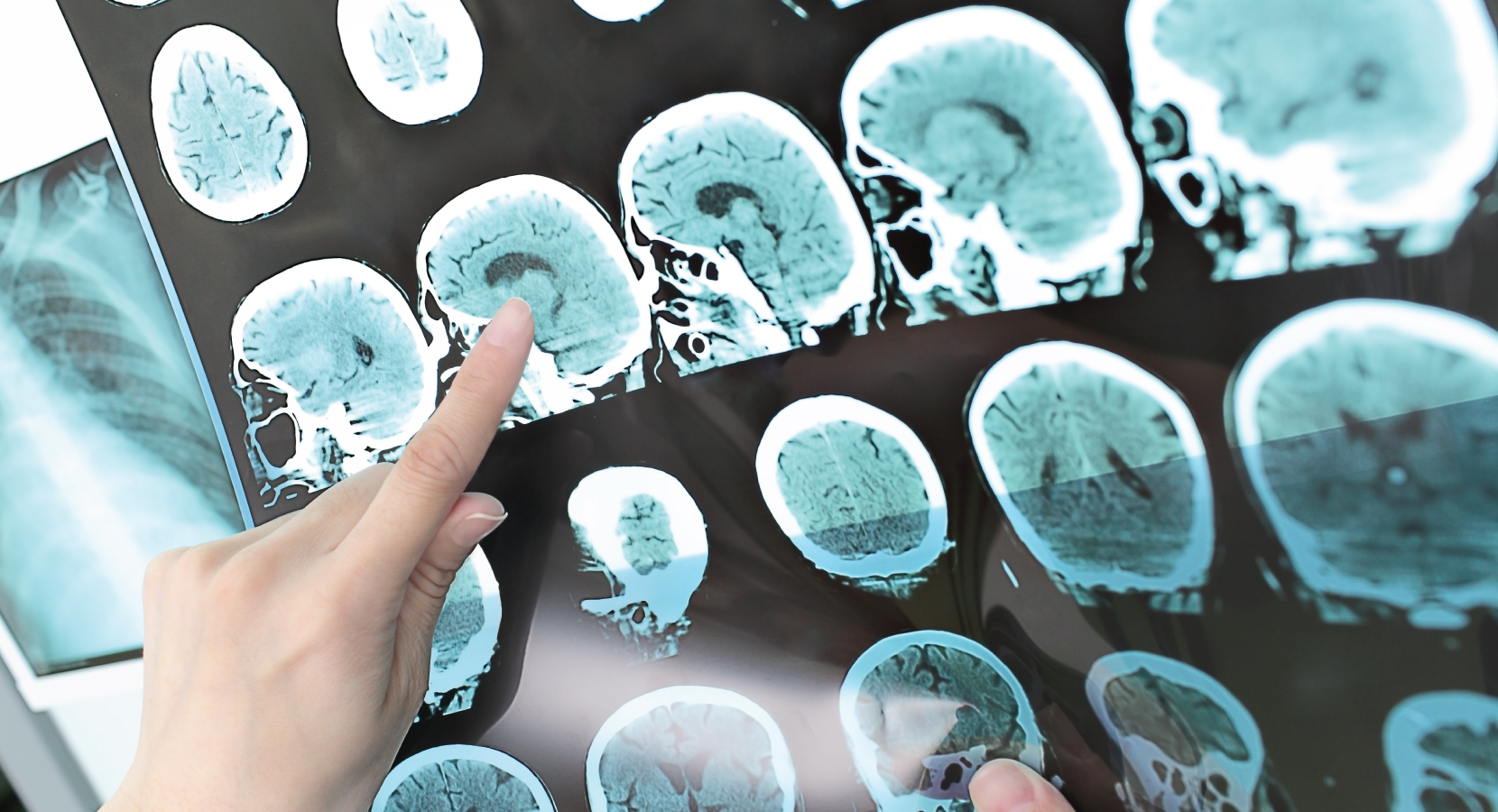
Moore Foundation Aims to Improve Diagnosis
The Institute of Medicine reports that most people in the United States will experience at least one medical diagnostic error in their lifetime. This can include misdiagnosis, when doctors miss or incorrectly identify a health issue. Or it can mean over-diagnosis, when doctors identify a condition that is either not present or is not likely to ever cause symptoms—often leading to treatments that are not needed.
Gordon Schiff, MD, associate director of the Center for Patient Safety Research and Practice at Brigham and Women’s Hospital, recently received a $649,000 grant from the Gordon and Betty Moore Foundation to address the challenge of improving diagnosis.
The award is enabling Schiff and his collaborators at the Harvard Medical School Center for Primary Care to establish the PRIDE (Primary-care Research in Diagnosis Errors) learning network, a multidisciplinary group of patient safety experts across Massachusetts. Harnessing this network, Schiff aims to collect and share lessons from diagnostic error cases, conduct innovative research to improve primary care practice, and advance diagnostic strategies.
“Diagnostic errors are likely the single largest threat to patient safety in the U.S.,” says Janet Corrigan, PhD, MBA, chief program officer of patient care at the Gordon and Betty Moore Foundation. “Dr. Schiff is a nationally recognized leader with deep expertise in the study of diagnostic errors, and we are confident that under his leadership, he and the team at Brigham and Women’s Hospital will succeed in creating effective new strategies for safer, more effective patient care.”
Schiff notes, “The Moore Foundation embraces scientific discovery and truly understands the importance of this work. With their generous grant funding, we are generating new insights and approaches to diagnostic error and will use this knowledge to improve patient outcomes in Massachusetts and beyond.”